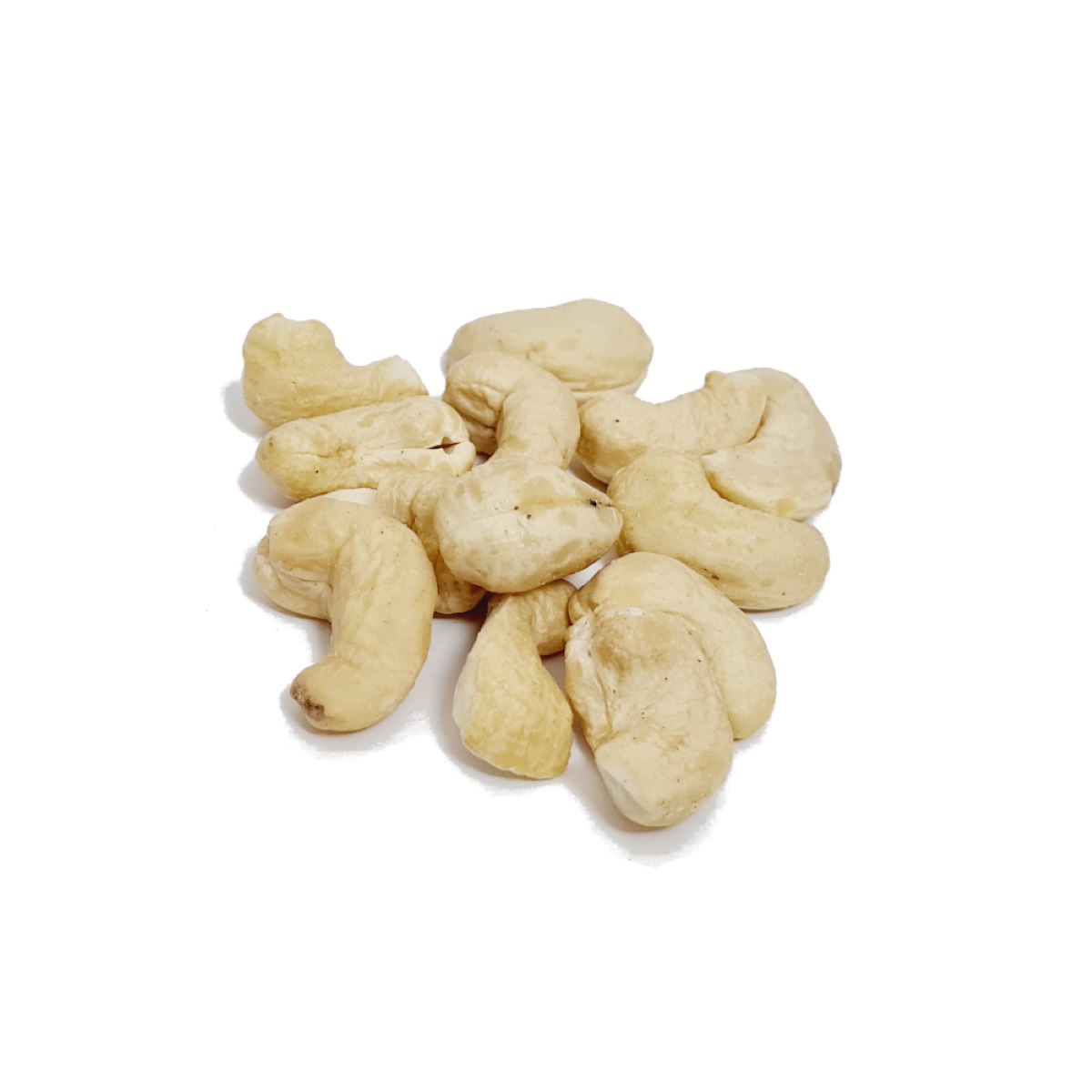

Articles
How To Store Raw Cashews
Modified: December 7, 2023
Learn the best methods for storing raw cashews in this informative article. Keep your cashews fresh and flavorful for longer with these helpful tips.
(Many of the links in this article redirect to a specific reviewed product. Your purchase of these products through affiliate links helps to generate commission for Storables.com, at no extra cost. Learn more)
Introduction
Welcome to our comprehensive guide on how to properly store raw cashews. Whether you’re a seasoned chef or a health-conscious individual, understanding the importance of storing raw cashews correctly is essential. Raw cashews are not only a delicious and versatile snack, but they also offer a range of health benefits such as being a good source of healthy fats, protein, vitamins, and minerals.
Proper storage of raw cashews ensures that they maintain their freshness, taste, and nutritional value for an extended period. In this article, we will explore the factors to consider, the best storage containers to use, and the various methods for storing raw cashews – in the pantry, refrigerator, and freezer.
By following the tips and guidelines we provide, you can enjoy the rich flavor and crunchy texture of raw cashews anytime you desire, without worrying about them going bad or losing their nutritional value.
Key Takeaways:
- Properly storing raw cashews is crucial to maintain their freshness, flavor, and nutritional value. Factors like temperature, humidity, and light exposure play a key role in preserving the quality of cashews.
- Choosing the right storage container, following helpful tips, and utilizing pantry, refrigerator, or freezer storage options can maximize the shelf life of raw cashews. Regularly checking for spoilage ensures safe consumption and enjoyment of their rich flavor.
Read more: How To Store Cashews
Why Proper Storage of Raw Cashews is Important
Proper storage of raw cashews is crucial to maintain their quality, flavor, and nutritional value. Here’s why:
- Freshness: Raw cashews can turn rancid if not stored properly. Rancidity occurs when the oils in cashews are exposed to heat, light, or oxygen for an extended period. This not only affects the taste but can also lead to health issues.
- Taste: Fresh raw cashews have a delicate and creamy flavor profile that can be compromised if not stored correctly. The exposure to moisture or varying temperatures can lead to a loss of taste or a stale, unpleasant flavor.
- Nutritional Value: Raw cashews are a nutrient-dense food, containing essential vitamins, minerals, and healthy fats. Proper storage helps to preserve these nutrients, ensuring you get the maximum benefit from consuming them.
- Preventing Spoilage: Storing raw cashews correctly helps to prevent spoilage caused by mold, bacteria, or insect infestations. These factors can quickly degrade the quality of the cashews and make them unsafe for consumption.
To maintain the integrity of your raw cashews and enjoy them at their best, it’s important to follow proper storage guidelines. Let’s explore the factors to consider when storing raw cashews and the best methods for doing so.
Factors to Consider When Storing Raw Cashews
When it comes to storing raw cashews, there are a few key factors to keep in mind to ensure their longevity and quality:
- Temperature: Cashews are sensitive to temperature fluctuations, particularly high temperatures. It is essential to store them in a cool, dry place to prevent the oils from becoming rancid. Ideally, the temperature should be below 75°F (24°C).
- Humidity: Moisture is the enemy of cashews as it can cause them to lose their crunch and become stale. To avoid excess moisture, store cashews in an airtight container in a dry environment.
- Light: Exposure to light can accelerate the degradation process of cashews and cause them to spoil. It is best to keep cashews in opaque or dark containers to protect them from direct light.
- Air and Oxygen: Exposure to air and oxygen can lead to oxidation and the development of rancidity in cashews. It is crucial to store them in airtight containers to minimize contact with air.
- Odors: Cashews can absorb odors from other strong-smelling foods, which can affect their taste. Store them away from foods with strong odors or consider using odor-resistant containers.
By considering these factors, you can create an optimal storage environment for your raw cashews, ensuring their freshness, flavor, and nutritional value are preserved.
Choosing the Right Storage Container
Choosing the right storage container plays a vital role in maintaining the quality and freshness of raw cashews. Here are some factors to consider when selecting a storage container:
- Airtight: Opt for containers that have a tight seal to prevent air and moisture from entering. Airtight containers help to preserve the crunchy texture and prevent cashews from becoming stale.
- Opaque or Dark: Raw cashews are sensitive to light, which can accelerate the degradation process. Using opaque or dark containers helps to shield them from direct light and maintain their flavor and quality.
- Non-Reactive Material: Choose containers made of non-reactive materials such as glass or food-grade plastic. These materials won’t interact with the cashews, ensuring their taste and nutritional value remain intact.
- Size: Select a container that is appropriate for the quantity of cashews you plan to store. It is best to avoid using oversized containers as they can lead to increased exposure to air and potential moisture buildup.
- Odor-Resistant: If possible, choose a container that is odor-resistant to prevent cashews from absorbing any unwanted smells from other foods. This helps to preserve their natural aroma and taste.
Consider investing in quality storage containers that meet these criteria. Mason jars, glass or BPA-free plastic containers with tight-fitting lids, and vacuum-sealed bags are excellent options for storing raw cashews.
Remember to label your containers with the date of purchase or the date you transferred the cashews into them. This will help you keep track of their freshness and ensure you consume them within a reasonable timeframe.
Tips for Storing Raw Cashews
To ensure the long-lasting freshness and quality of your raw cashews, here are some helpful tips for storing them:
- Buy in Small Batches: If possible, purchase raw cashews in smaller quantities to ensure you can consume them within a reasonable timeframe. This reduces the risk of them going stale or developing a rancid taste.
- Inspect for Quality: Before storing cashews, carefully examine them for any signs of mold, insects, or discoloration. Remove any damaged or spoiled nuts to prevent them from affecting the rest of the batch.
- Store in Airtight Containers: As mentioned earlier, use airtight containers such as glass jars or sealed plastic containers to protect cashews from air and moisture exposure. This helps to maintain their freshness and extend their shelf life.
- Keep Away from Light: Store the containers of cashews in a cool, dark place, such as a pantry or cupboard. Avoid placing them near windows or areas with direct sunlight, as light can degrade the quality of the nuts.
- Avoid Excessive Heat: It’s best to store cashews away from heat sources, such as stoves or ovens. Excessive heat can cause the oils in cashews to go rancid more quickly.
- Refrigerate or Freeze for Long-Term Storage: If you need to store cashews for an extended period, consider placing them in the refrigerator or freezer. This helps to prolong their freshness and extends their shelf life.
- Keep Away from Strong Odors: Cashews can absorb odors from other foods, affecting their taste. Store them in a separate section or container away from strong-smelling foods like onions or spices.
- Rotate and Consume Within a Reasonable Timeframe: To ensure you always have fresh cashews on hand, adhere to a first-in, first-out rotation system. After storing cashews for a certain period, aim to consume them within six to eight months to maintain their quality.
By following these tips, you can maximize the shelf life of your raw cashews and enjoy them at their best.
Store raw cashews in an airtight container in the refrigerator to keep them fresh for up to 6 months. This will help prevent them from becoming rancid due to their high oil content.
Read more: How To Store Soaked Cashews
Storing Raw Cashews in the Pantry
The pantry is often a convenient and easily accessible storage option for raw cashews. Here’s how to store them in the pantry:
- Choose an Airtight Container: Transfer the raw cashews to an airtight container, such as a glass jar or a sealed plastic container. Make sure the container has a tight-fitting lid to prevent air and moisture from entering.
- Keep in a Cool, Dry Place: Find a cool spot in your pantry away from direct light and heat sources. The temperature should be below 75°F (24°C) to prevent the cashews from becoming rancid.
- Label and Date the Container: Write the date of purchase or the date you transferred the cashews onto the container. This will help you keep track of their freshness and ensure timely consumption.
- Check for Changes Regularly: Periodically inspect the cashews for any signs of spoilage or rancidity. If you detect an off smell or taste, it may be an indication that the cashews have gone bad.
When stored properly in the pantry, raw cashews can maintain their quality for up to six months. However, it’s advisable to consume them within a few months for the best taste and freshness.
Note that if you live in a particularly hot and humid climate, it may be better to store your raw cashews in the refrigerator or freezer to prolong their shelf life.
Storing Raw Cashews in the Refrigerator
If you live in a warm climate or want to extend the shelf life of your raw cashews, storing them in the refrigerator is a viable option. Here’s how to store raw cashews in the refrigerator:
- Package securely: Transfer the raw cashews into a resealable bag or an airtight container.
- Place in the crisper drawer: The crisper drawer of your refrigerator is the ideal spot for storing cashews as it maintains a cool and slightly humid environment.
- Avoid cross-contamination: Keep the cashews away from foods with strong odors to prevent them from absorbing any unwanted flavors.
- Label and date: It’s helpful to label the container or bag with the date of placement in the refrigerator. This will allow you to keep track of their freshness.
When stored in the refrigerator, raw cashews can maintain their quality for up to one year. However, it’s recommended to consume them within six to eight months for the best taste and texture. Remember to check for any signs of spoilage, such as an off smell or taste, before consuming them.
It’s worth noting that placing raw cashews in the refrigerator may cause them to lose some of their crunchiness due to the moisture in the refrigerator. However, if you prefer a softer texture or want to maximize their shelf life, refrigeration is a suitable method.
Storing Raw Cashews in the Freezer
Freezing raw cashews is an excellent option if you want to extend their shelf life for an extended period. Here’s how to store raw cashews in the freezer:
- Package securely: Transfer the raw cashews into a freezer-safe bag or an airtight container. Ensure that the container is labeled and tightly sealed to prevent freezer burn and moisture from entering.
- Divide into smaller portions: If you plan to use cashews in smaller batches, consider dividing them into smaller portions before freezing. This way, you can take out only what you need without having to thaw the entire batch.
- Remove excess air: Squeeze out as much air as possible from the bag or container before sealing. This helps to prevent freezer burn and maintain the quality of the cashews.
- Place in the freezer: Put the bag or container of cashews in the freezer, ideally in a spot where they won’t get crushed or knocked around.
When stored in the freezer, raw cashews can retain their quality for up to one year. However, for the best taste, it is recommended to consume them within eight to twelve months. When you want to use the cashews, remove the desired amount from the freezer and allow them to thaw at room temperature for a few minutes before use.
Freezing raw cashews is a great way to preserve their flavor, texture, and nutritional value. It’s an ideal option if you anticipate not using them within a few months or want to have a longer supply on hand.
Remember to keep track of the date of freezing to ensure you consume the cashews within a reasonable timeframe. Always check for any signs of spoilage before consuming them.
Checking for Spoilage or Rancidity
Regularly checking raw cashews for signs of spoilage or rancidity is essential to ensure that they are safe to consume. Here are some indicators to look for:
- Appearance: Inspect the cashews for any signs of discoloration, mold, or unusual spots. Discolored or darkened nuts may be an indication of spoilage.
- Smell: Take a whiff of the cashews. Fresh raw cashews should have a mild, nutty aroma. If you detect a sour or musty smell, it could be a sign of rancidity or mold.
- Taste: Give a cashew a taste test. Fresh cashews should have a creamy, buttery flavor. If you notice a bitter or off taste, it’s best to discard them.
- Texture: Feel the cashews for any signs of sogginess, softness, or moisture. Spoiled cashews often lose their crunch and become rubbery or slimy.
If you notice any of these signs, it’s important to discard the cashews to avoid any potential health risks. Consuming spoiled or rancid cashews can lead to gastrointestinal issues and other complications.
Remember that raw cashews have a relatively short shelf life compared to other nuts due to their higher fat content. Therefore, it’s crucial to store them properly and use them within the recommended timeframe to enjoy them at their best.
By regularly inspecting and testing your raw cashews for spoilage, you can ensure that you’re consuming fresh and high-quality nuts every time.
Read more: How To Store Raw Beef
Conclusion
Properly storing raw cashews is key to maintaining their freshness, flavor, and nutritional value. By considering factors such as temperature, humidity, light, and air exposure, you can create an optimal storage environment for your cashews.
Choosing the right storage container, such as airtight and opaque containers, helps to protect cashews from moisture, light, and odors. Additionally, following tips such as buying in small batches, inspecting for quality, and rotating your stock ensures that you’re storing and consuming cashews in the best possible way.
Storing raw cashews in the pantry, refrigerator, or freezer allows you to customize their shelf life based on your needs. The pantry is convenient for short-term storage, while the refrigerator and freezer provide options for longer shelf life.
Regularly checking for signs of spoilage or rancidity, such as changes in appearance, smell, taste, and texture, is essential to ensure the cashews are safe to consume. If any signs of spoilage are present, it’s best to discard them.
By implementing these storage techniques and guidelines, you can enjoy the rich and creamy flavor of raw cashews in a variety of dishes, snacks, and recipes while maximizing their shelf life and nutritional value.
Remember, whether you’re using cashews as a topping for salads, a creamy base for sauces, or a delicious snack on their own, properly storing raw cashews ensures that you have a fresh and flavorful supply on hand whenever you need them.
So, follow these storage tips, choose the right container, and enjoy the versatility and health benefits of raw cashews for a long time to come!
Frequently Asked Questions about How To Store Raw Cashews
Was this page helpful?
At Storables.com, we guarantee accurate and reliable information. Our content, validated by Expert Board Contributors, is crafted following stringent Editorial Policies. We're committed to providing you with well-researched, expert-backed insights for all your informational needs.
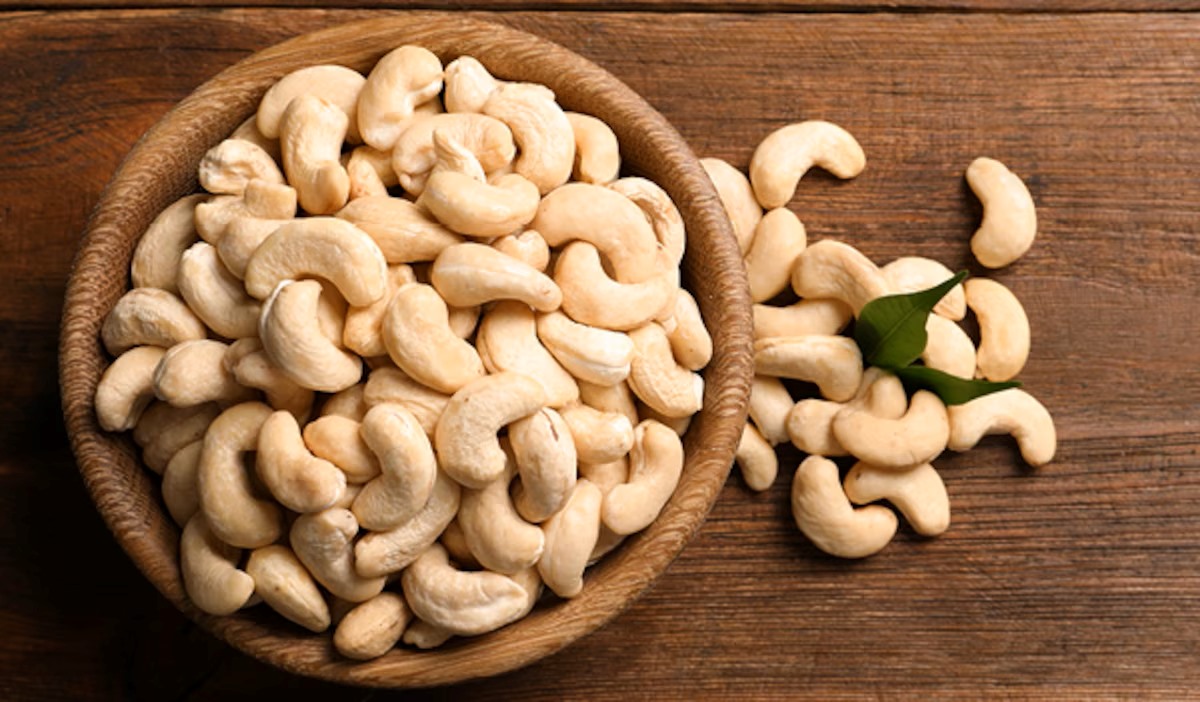
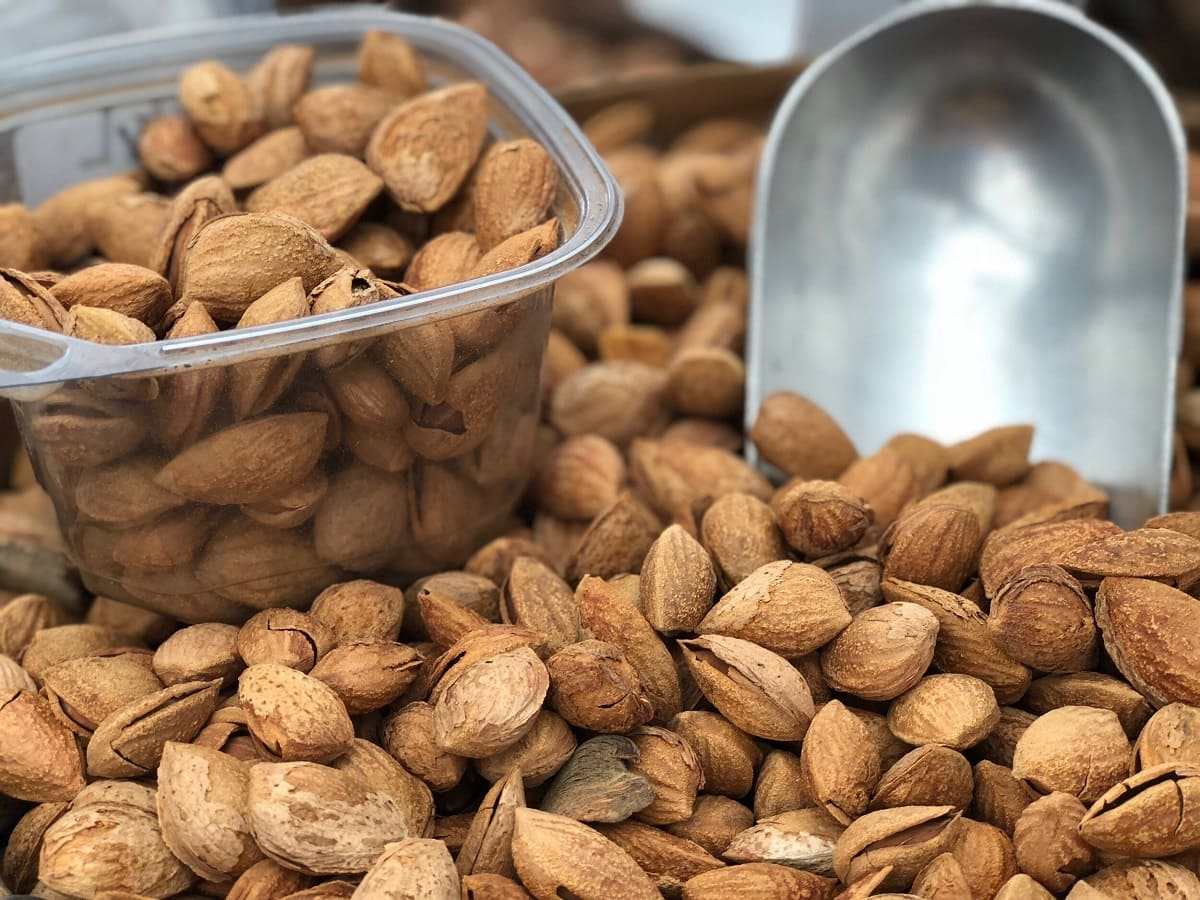
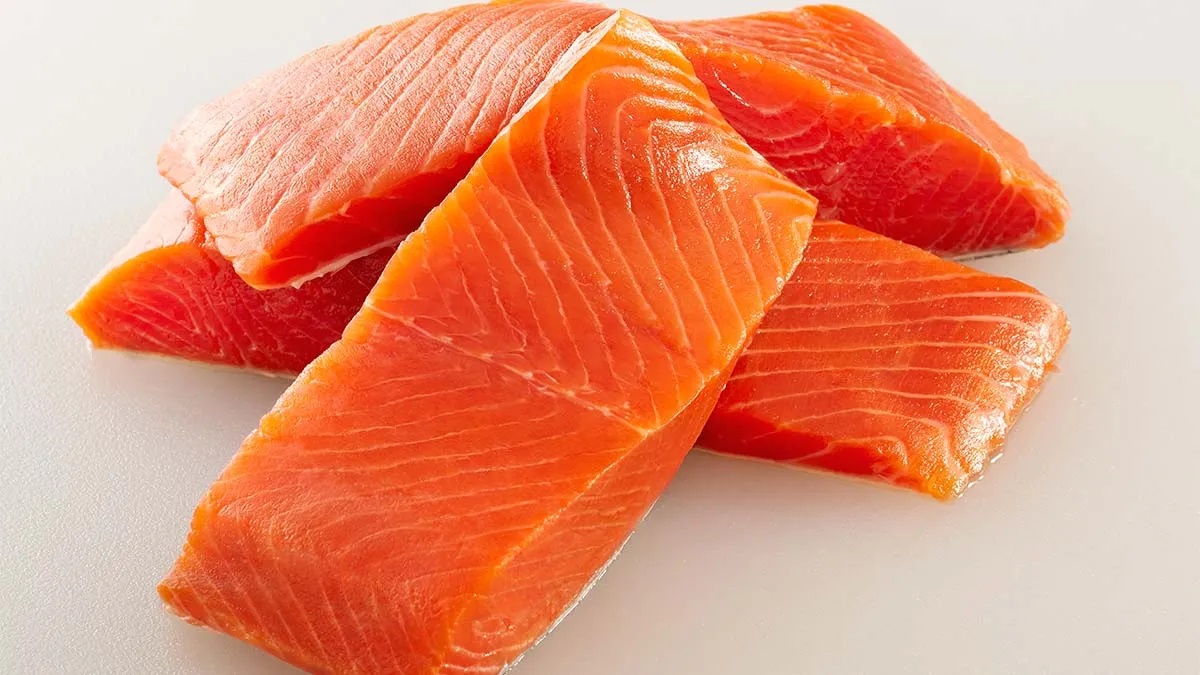
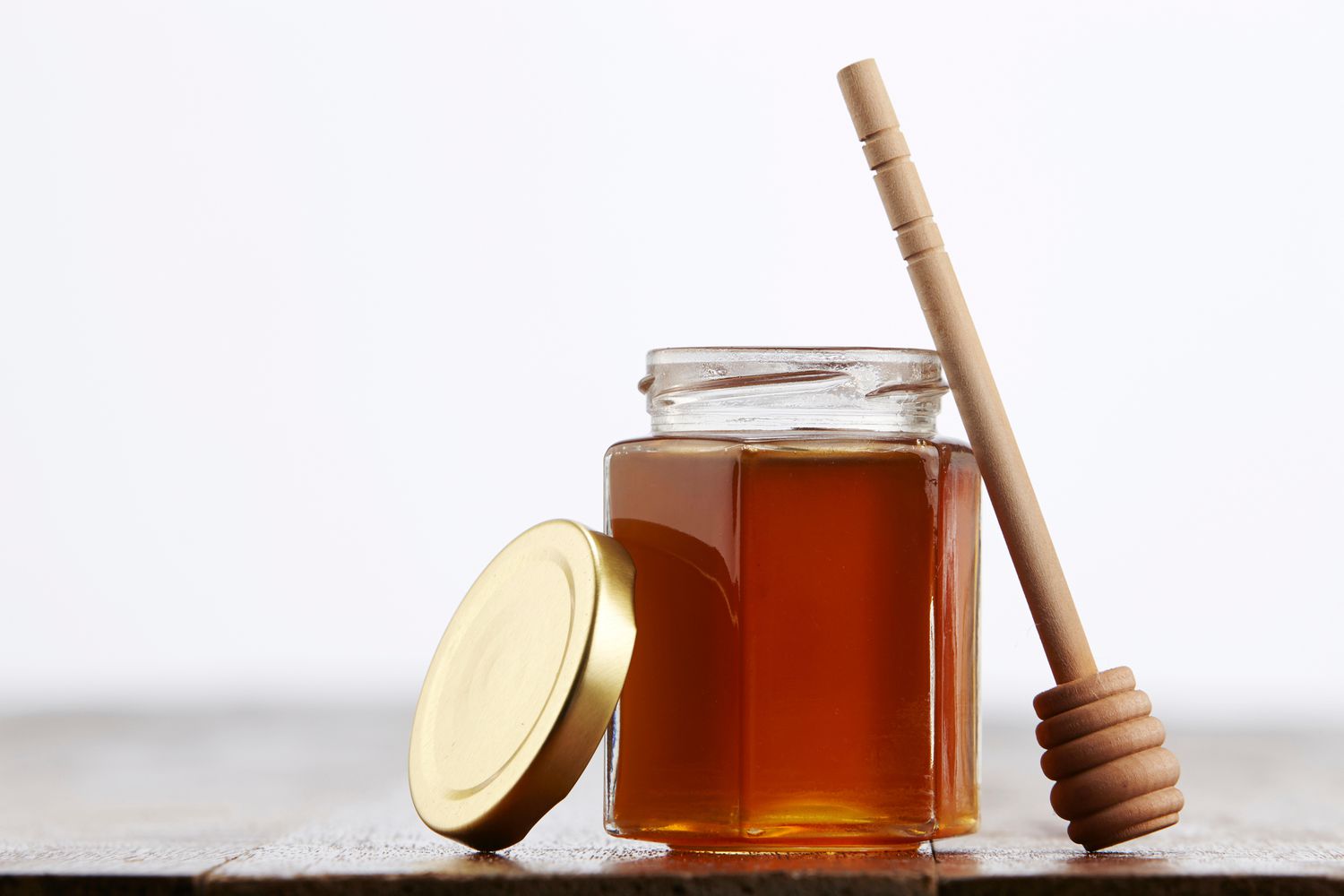
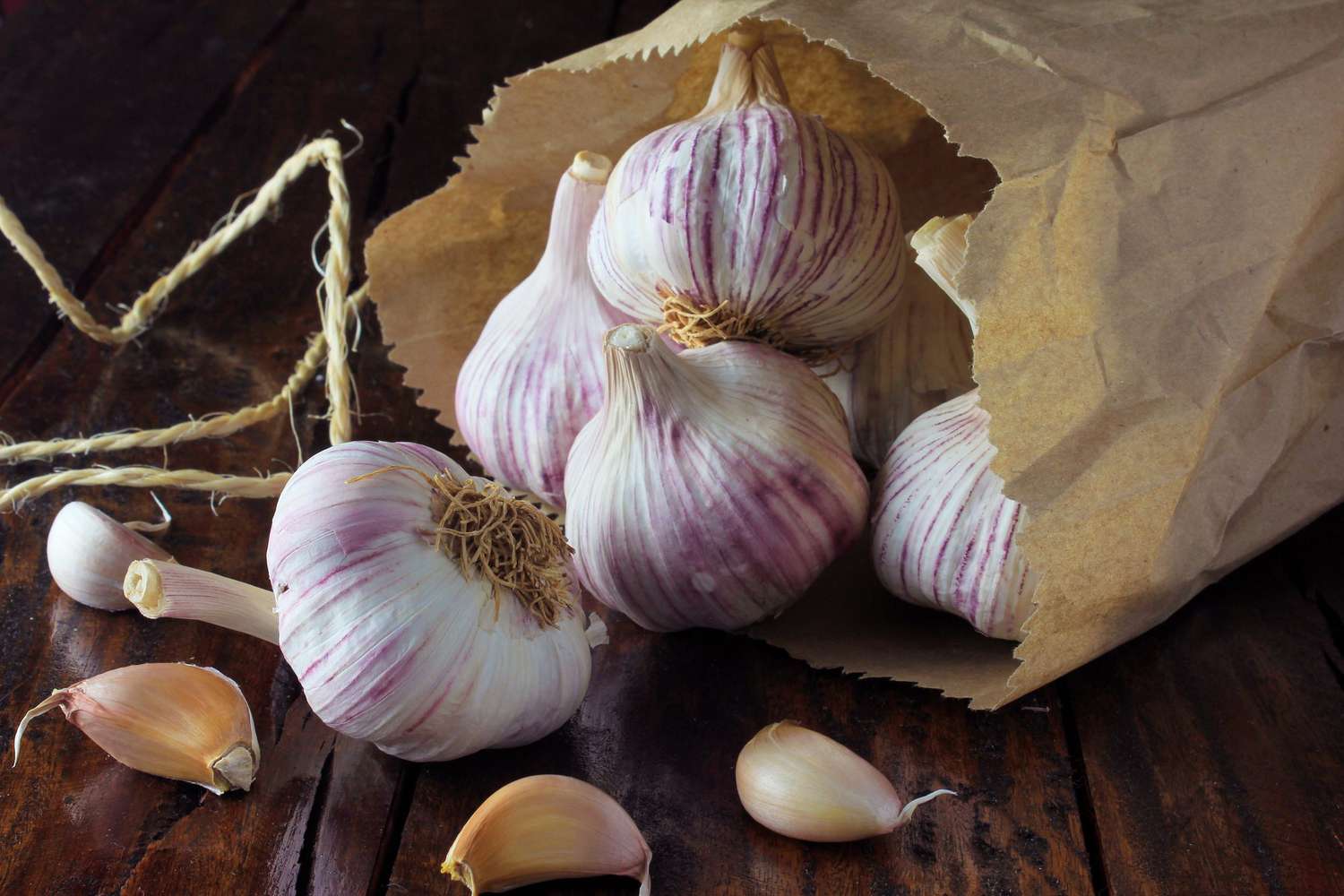
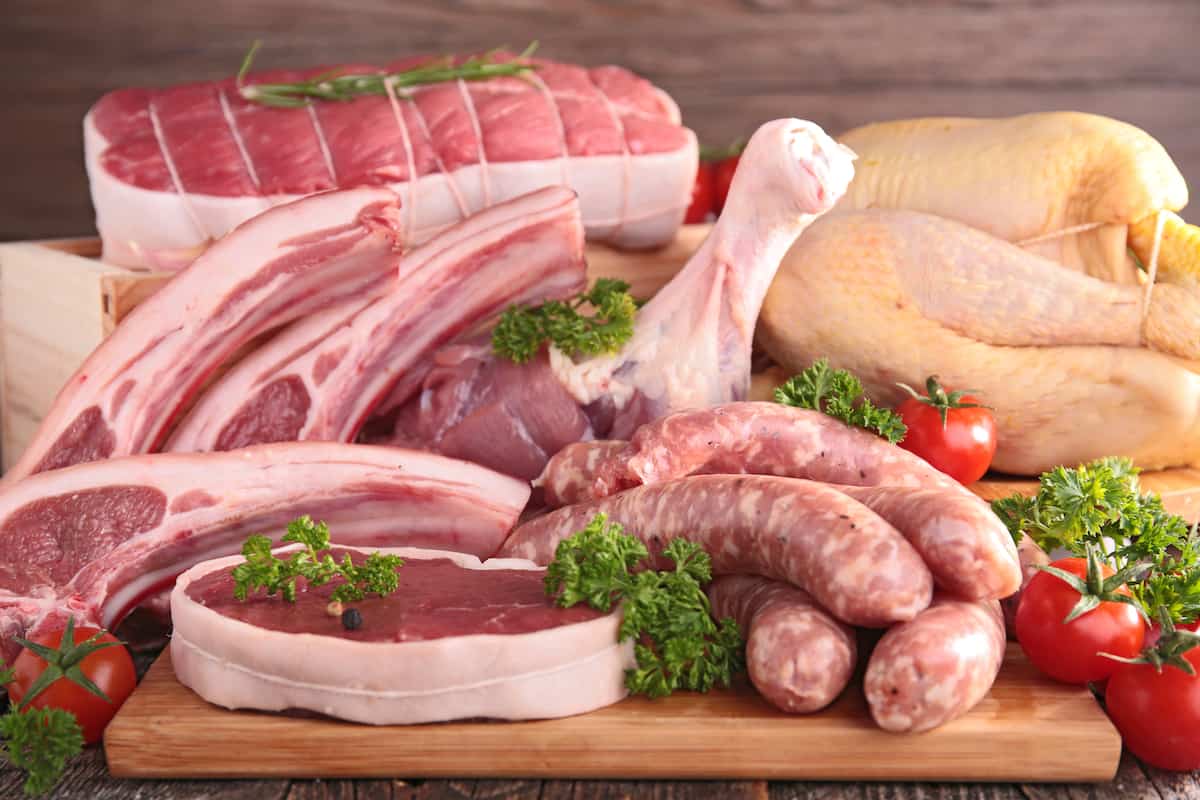
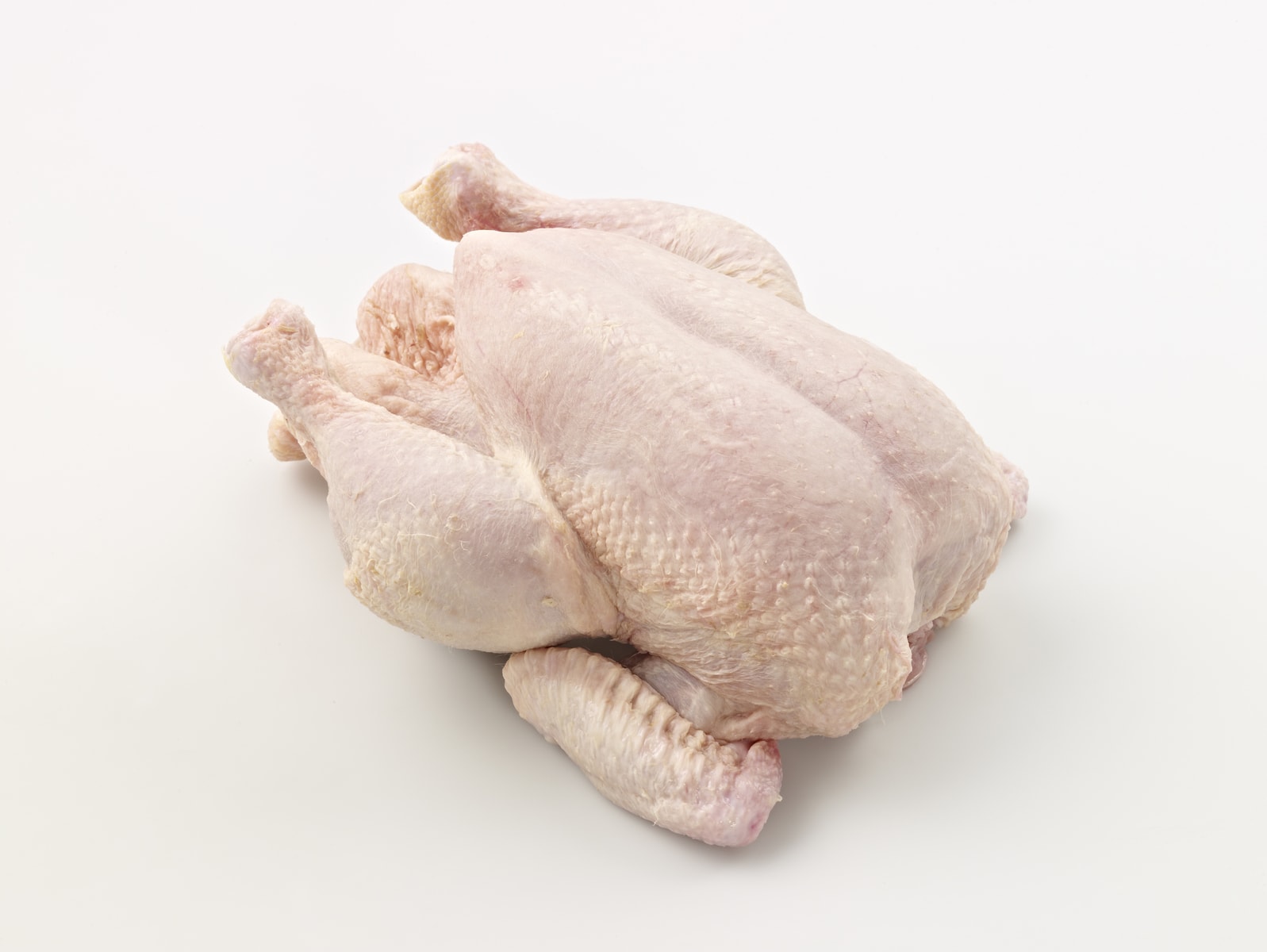
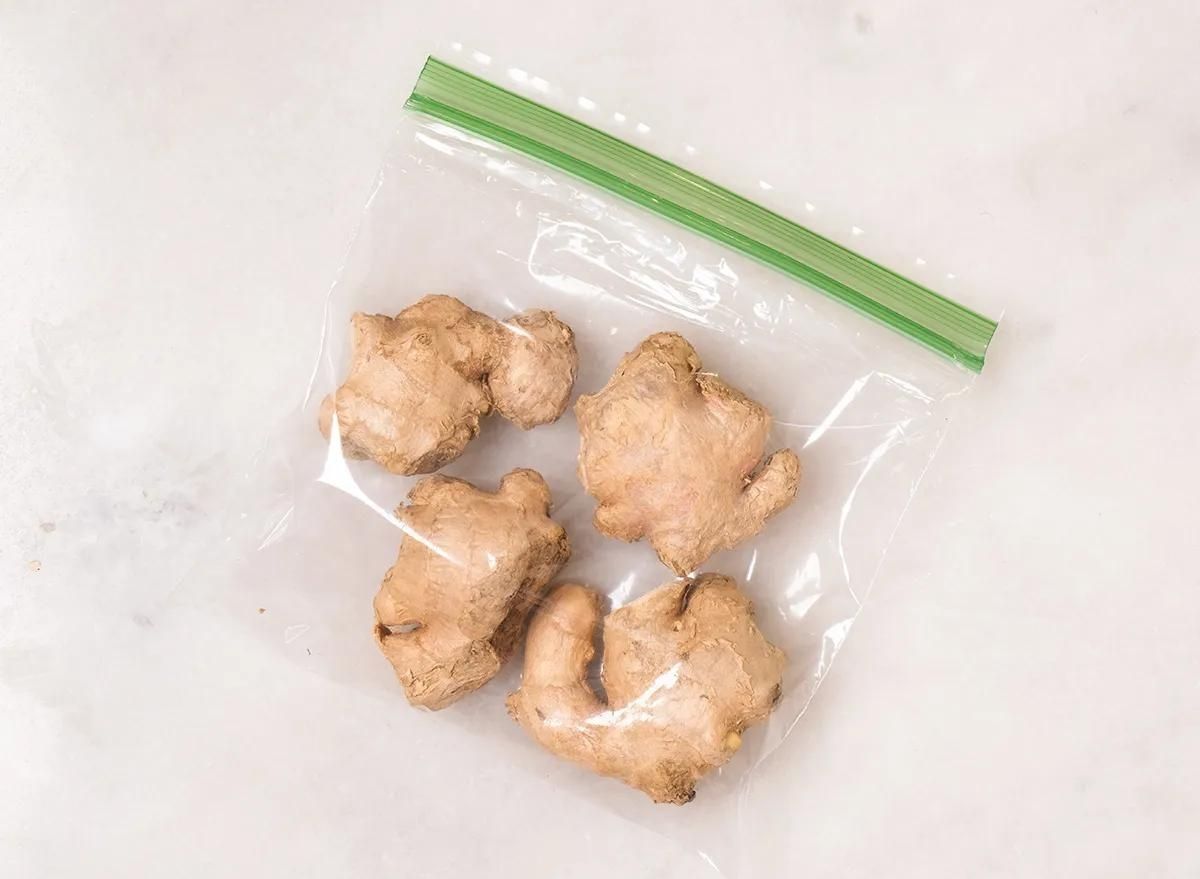
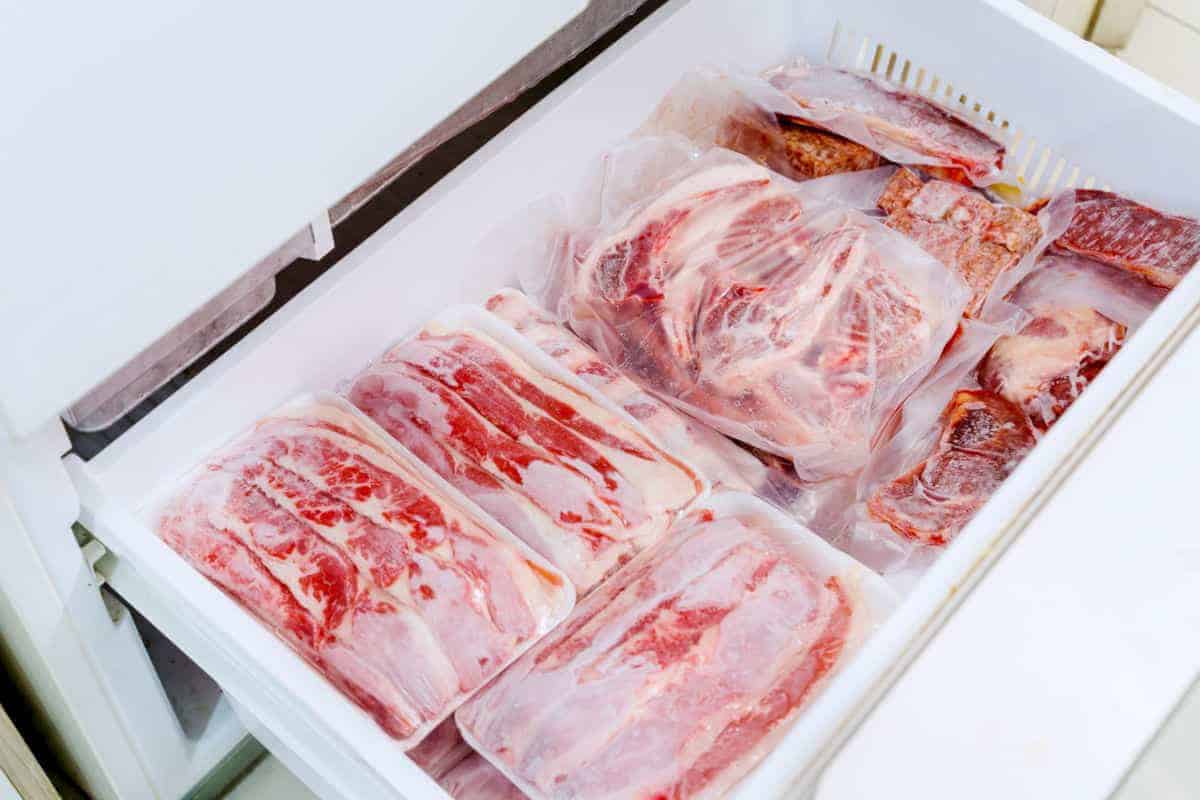
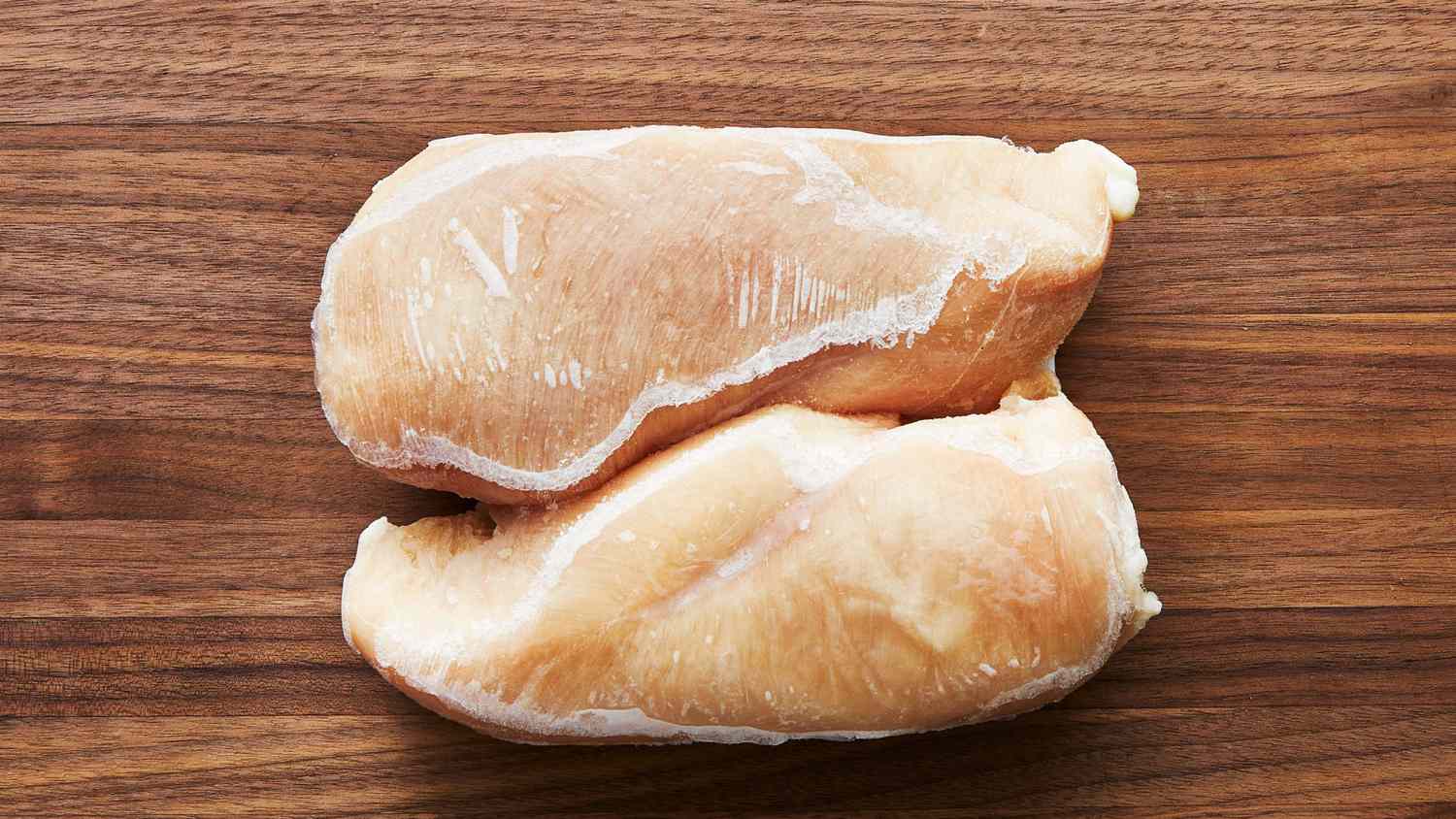

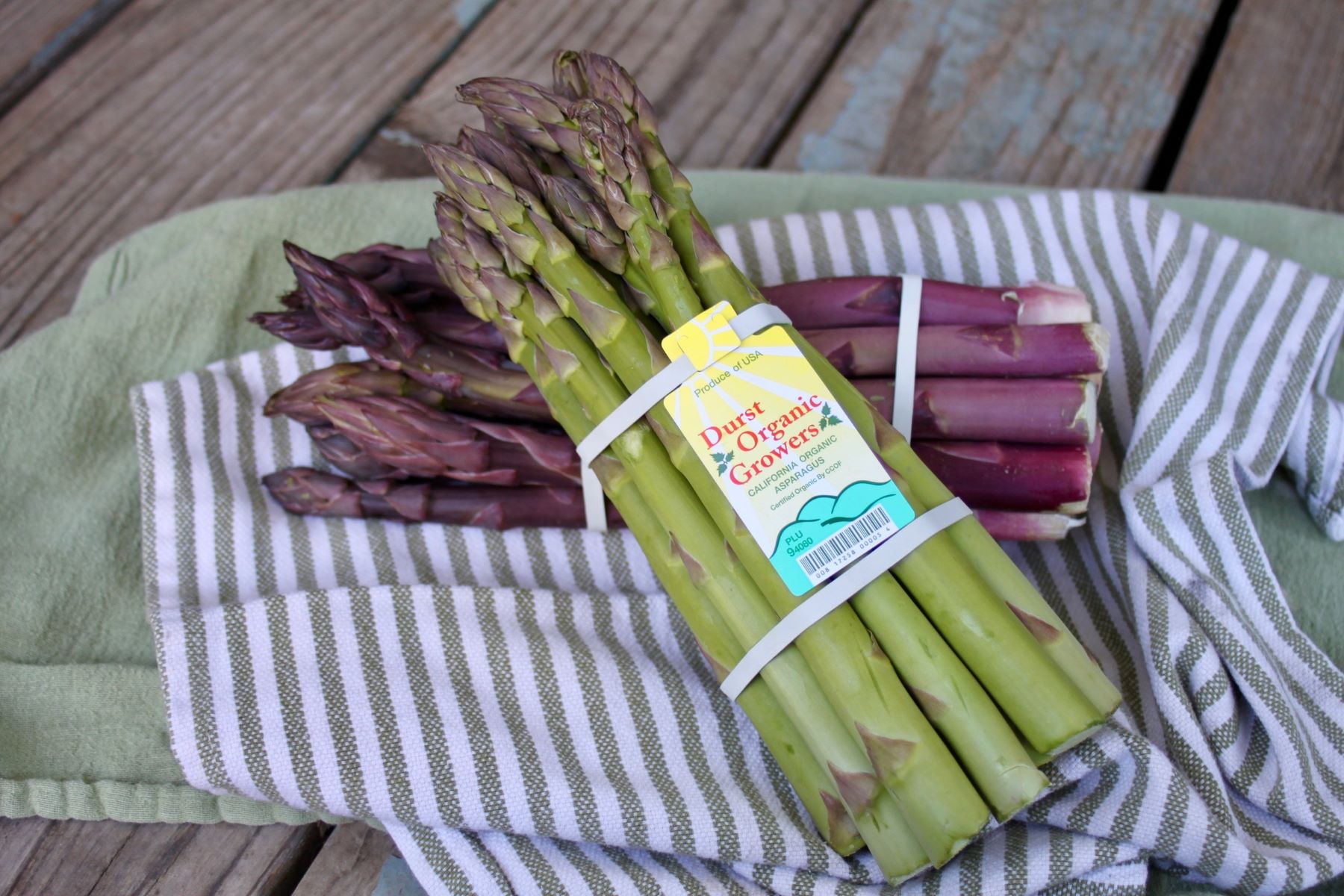
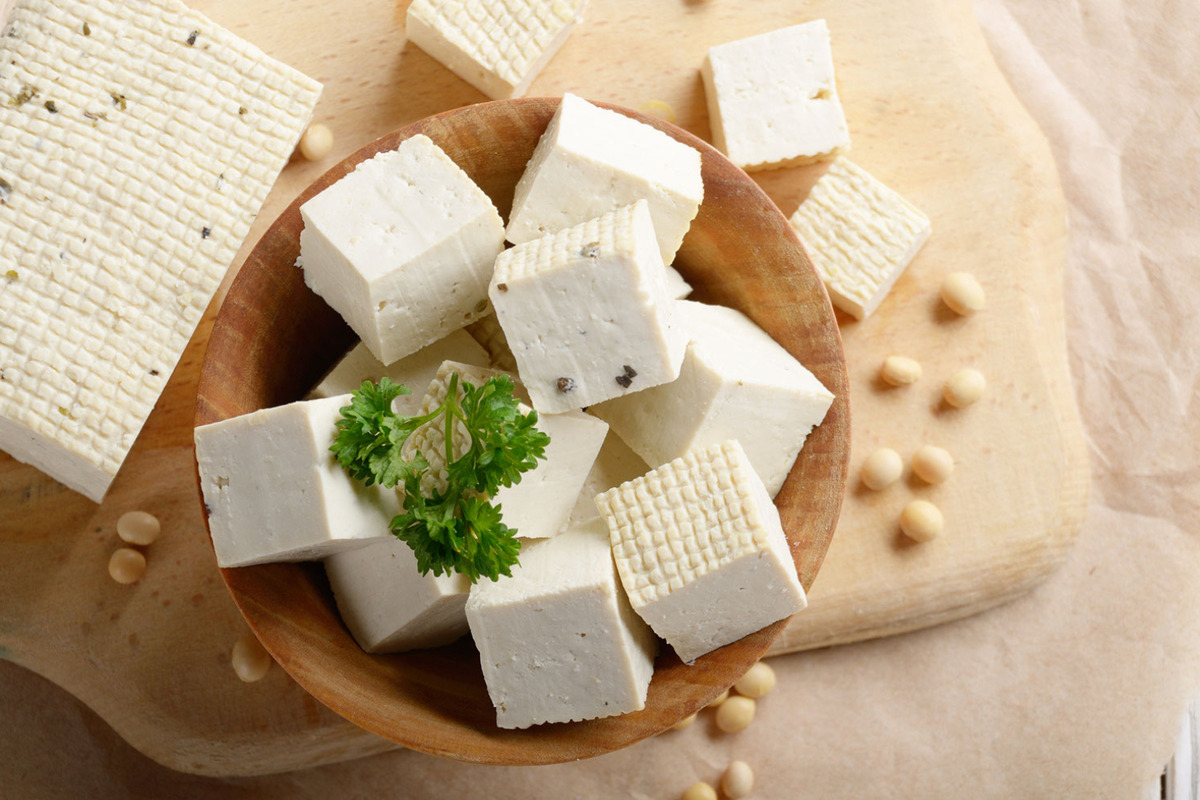

0 thoughts on “How To Store Raw Cashews”